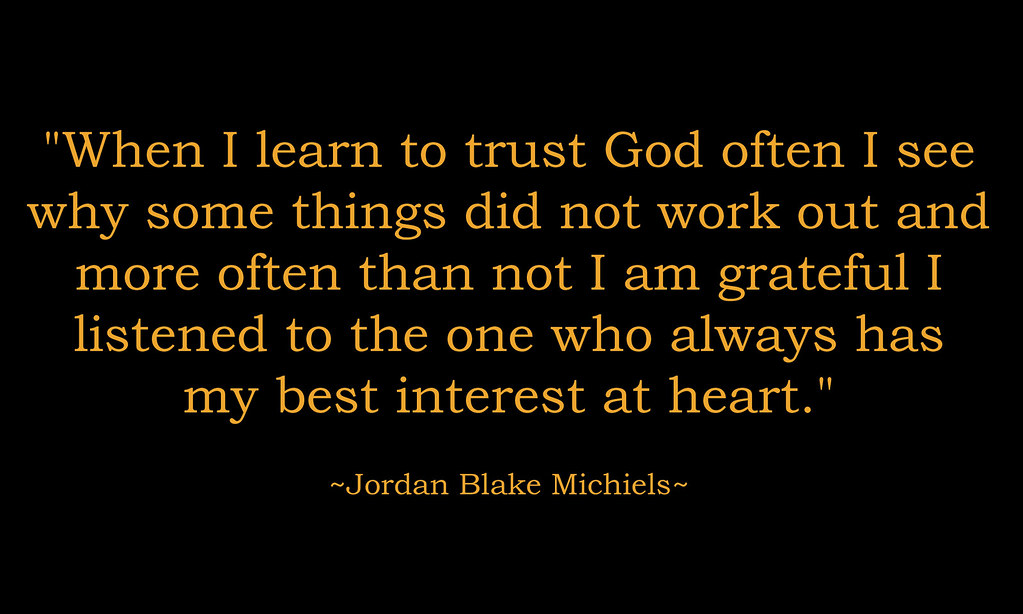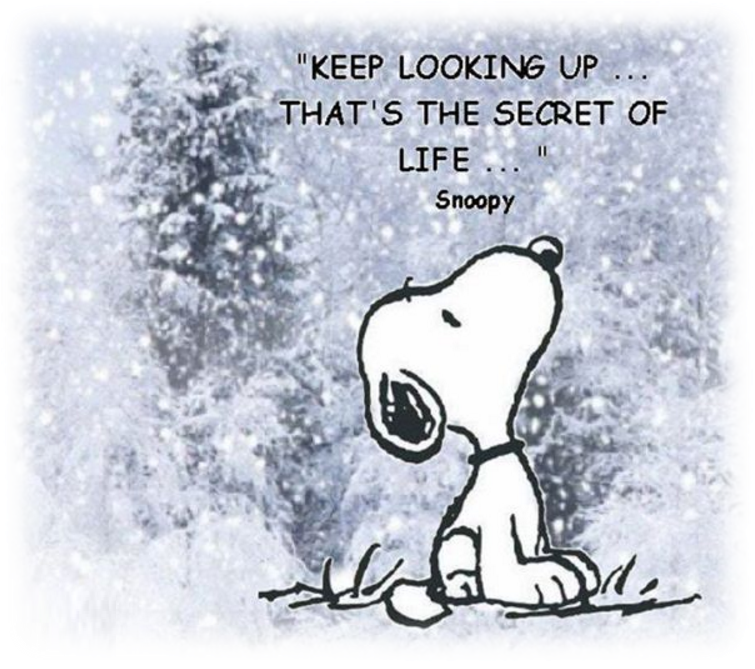“A new command I give you: Love one another. As I have loved you, so you must love one another. By this everyone will know that you are my disciples, if you love one another.”
John 13:34-35
 The phone rings at 6PM Sunday evening, the display flashing the number of the medical examiner's office. The two older kids have gone home with their partners, Allen has taken over the computer in my office, and I am sitting in the living room, sipping from a cup of tea and trying not to look at Ron's empty chair. I pick up the phone.
The phone rings at 6PM Sunday evening, the display flashing the number of the medical examiner's office. The two older kids have gone home with their partners, Allen has taken over the computer in my office, and I am sitting in the living room, sipping from a cup of tea and trying not to look at Ron's empty chair. I pick up the phone.
"Hello."
"This is Jenny," says the voice on the line. "From last night." I inhale sharply, the images and sounds replaying in my brain. EMT's. Flashing lights. Ambulance. Police. Hurried phone calls. Panicked offspring.
"I wanted to tell you that we've ruled your husband's death as natural causes, due to cardiac arrest. He simply fell asleep and his heart stopped. He would have felt no pain, had no warning."
I let my breath out slowly. "Thank you," I say. "It helps us to know that."
There is a pause on the other end of the line. I take a sip of my tepid tea. My relationship with this young woman will be brief, based only upon this heart rending loss. I know nothing of her faith, but I say it anyway. "It helps us to know that Ron fell asleep and, when he woke up, he saw God."
Jenny does not respond. I wait, years of practice in hospital ER's and trauma
wards teaching me patience. "You know," she says quietly, "this job is pretty sad. I see a lot of the same thing, day after day. And the families I meet sort of blend together. But," and I think I hear her voice crack a bit, "I'm going to remember your family."
I manage a weak laugh. "Well, we're pretty memorable," I say, thinking of how my tall children--most over 6 feet--towered over the petite young lady who came to examine Ron.
"You are." I can imagine a smile. "Because your family showed me something I seldom see in this job. Love."
Love. It hasn't always been easy. There have been too many surgeries, too many hospitalizations, too many chunks of Ron torn away from us in the last 19 years. Things that should have been his responsibilities fell onto me. And the last two years, when Ron needed help with everything, were particularly grueling. To the outside world, it would appear that Ron's later life held little worth.
 But the world would be wrong. Every time he was hospitalized, we were given a chance to demonstrate our faith. Not a surgery or an infection or a treatment happened without prayers for doctors and nurses, without hymns and Bible verses filling his room. Without cards from my students, holiday decorations, visits from our children, and as much love as we could pack into a ten by ten foot space.
But the world would be wrong. Every time he was hospitalized, we were given a chance to demonstrate our faith. Not a surgery or an infection or a treatment happened without prayers for doctors and nurses, without hymns and Bible verses filling his room. Without cards from my students, holiday decorations, visits from our children, and as much love as we could pack into a ten by ten foot space.
Matthew 28:19-20 tells us to " go and make disciples of all nations, baptizing them in the name of the Father and of the Son and of the Holy Spirit, and teaching them to obey everything I have commanded you." As a new believer at the tender age of fourteen, I wondered if I would have the courage to enter the mission field and go to foreign and unknown places.
There are few places more foreign, unknown, terrifying, and unpredictable than hospitals. Yet those became our mission fields.
"When I was examining your husband," Jenny continues, "I could see he had been well cared for. He was clean, no bruises, no sores. It was evident to me that he'd had excellent care. But even more than that was what I heard from you and your children in the kitchen." She sighs. "Too often I hear people arguing when someone dies, blaming each other, fighting over possessions. But you and your children were telling stories about your husband, crying some and laughing some, sharing good memories." Her voice gentles. "He was someone I wish I had known."
I am touched by her words and I choose my own carefully. "We know Ron is in
Heaven," I say. "We have faith that his struggle is over and he is with God."
"It was nice to see that faith," she says. "And I just wanted to tell you that, well, your husband and your family shared something special with me. Gave me some things to think about."
Jenny and I talk a few more minutes. She says I should feel free to call her if I have any questions about Ron's death. I know I will not. Jenny's entrance into our lives has been brief, but I cannot help but believe she is richer for it.
As I hang up the phone, I see in my mind flashes of the many hospital rooms Ron has inhabited. We planted seeds there. It had not been our choice, but we went into the world we had been thrust into and preached the gospel the best way we could (Mark 16:15).
I get up from my seat and head to the kitchen to warm my tea and as I do, I pause at the chair where Ron so recently sat, the chair where he died. I give it a pat and smile.
Even at the end of his life, Ron was an example to other people.









